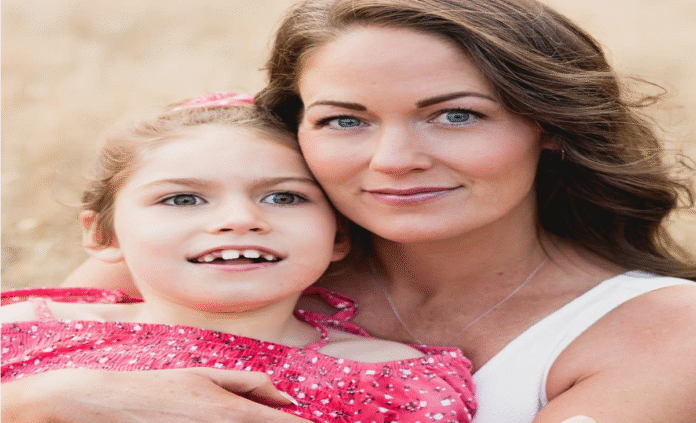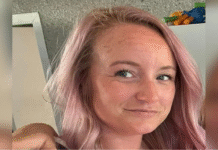July 11,2025
RED FM News Desk
Health Minister Josie Osborne says experts have decided not to continue funding a costly rare-disease drug for B.C. girl Charleigh Pollock because there is no clinical evidence that it provides further benefit.
In a statement, Osborne said all information submitted by advocates for Batten disease patients was carefully reviewed by the province’s expert panel on rare and expensive medications. The committee has reaffirmed its earlier decision to stop funding Brineura, which costs around $1 million per year.
Osborne, who met with Charleigh’s parents last week, described it as one of the most difficult decisions she’s faced as health minister and expressed sympathy for the family. However, she emphasized that the committee considered all the available information and concluded the drug is no longer effectively slowing the disease’s progression in Charleigh’s case.
The ministry clarified that the cost of the drug was not a factor in the decision. All provinces follow clinical recommendations made by Canada’s Drug Agency.
B.C. is not alone in this challenge—the U.K. also recently announced it will no longer fund Brineura for future Batten disease patients due to insufficient evidence of its long-term effectiveness.
During their meeting last Friday, Charleigh’s family presented new information to the health minister in hopes of reversing the decision. Meanwhile, the local Westshore community has rallied in support, raising nearly $70,000 to help fund temporary access to the drug.
Ben Gulbrandsen, director of the Westshore Economic Development Committee, said the funds could cover two treatments, potentially buying Charleigh more time while the province reconsiders. Brineura does not cure Batten disease, but it can slow the loss of motor and speech abilities.
Charleigh has been on Brineura for almost six years. Her family says the treatment has helped reduce her seizures significantly. Osborne acknowledged this but pointed out that Brineura is not an anti-seizure drug and that other medications are available for seizure control in CLN2 patients.
Charleigh, diagnosed at age three, is the only child in B.C. and one of fewer than 20 in Canada with Batten disease. In January, her family was informed that funding would end, with her final public infusion scheduled for February 27.
The Health Ministry notes that B.C. currently funds around 30 rare-disease drugs and that decisions are based on clinical evidence—not cost.








